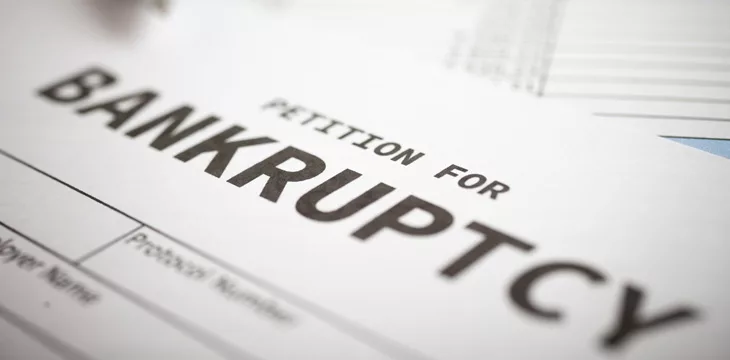|
Getting your Trinity Audio player ready...
|
BTC block reward miner Core Scientific has filed its Chapter 11 bankruptcy plan.
Core Scientific was one of the several BTC miners that collapsed in 2022 after a prolonged bear market and ‘crypto contagion’ wreaked havoc on the sector. It operated over 143,000 mining rigs and hosted another 100,000 for its clients before its collapse, making it the largest American miner.
The plan, filed this week at the Bankruptcy Court for the Southern District of Texas, lays out the company’s plan to emerge from the bankruptcy proceedings in a strong financial and operational position.
Core Scientific’s fortunes have massively improved since it filed the Chapter 11 bankruptcy claim in December, the filing says. Reduced energy costs and an increasing BTC price have given the company a big boost.
The miner pledges to settle all allowed debtor-in-possession (DIP) claims in cash or “such other treatment as to which the Debtors and holder will have agreed upon in writing.” All Liens issued to secure the DIP claims shall be terminated as well.
Dispute resolution and the company’s re-emergence from the bankruptcy proceedings were also spelled out in the filing.
The bankruptcy court has yet to approve the filing, after which claim holders and other parties will vote on the proposals.
Chapter 11 bankruptcy protects a company from any actions by its shareholders as it works on a restructuring plan. It gives the company leeway to continue operating as it solves its insolvency issues.
Core Scientific has used this protection to continue mining BTC and even restructure its management. In early April, it appointed Adam Sullivan as its new president, replacing Todd DuChene, who transitioned to chief legal officer.
Still, in April, it announced that it had signed contracts with three firms to host 18,000 mining rigs for them. The rigs are being hosted in Texas, Georgia, and Kentucky, the same sites where Core Scientific used to host mining rigs for collapsed lender Celsius Network.
Follow CoinGeek’s Crypto Crime Cartel series, which delves into the stream of groups—from BitMEX to Binance, Bitcoin.com, Blockstream, ShapeShift, Coinbase, Ripple,
Ethereum, FTX and Tether—who have co-opted the digital asset revolution and turned the industry into a minefield for naïve (and even experienced) players in the market.

 08-29-2025
08-29-2025 





